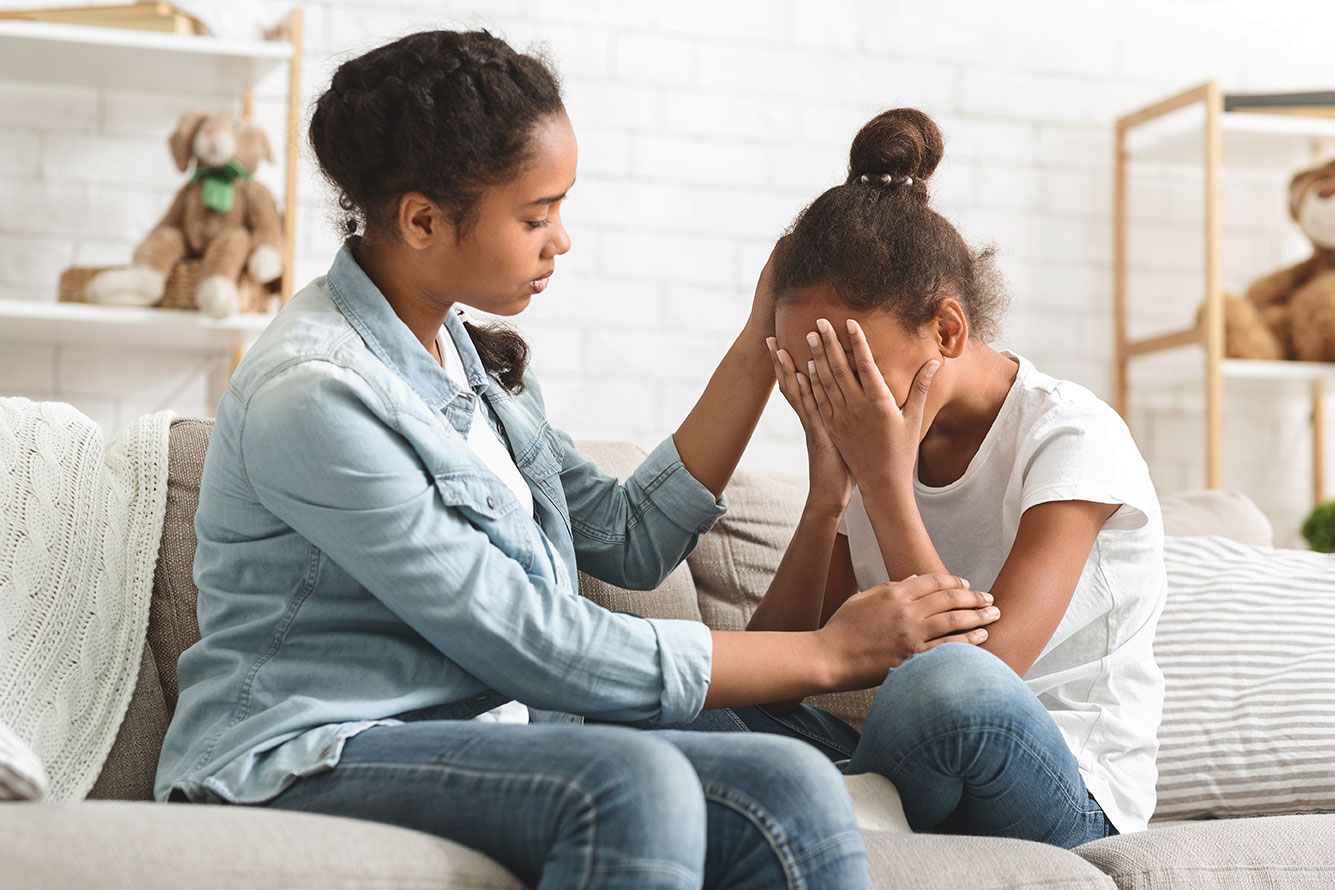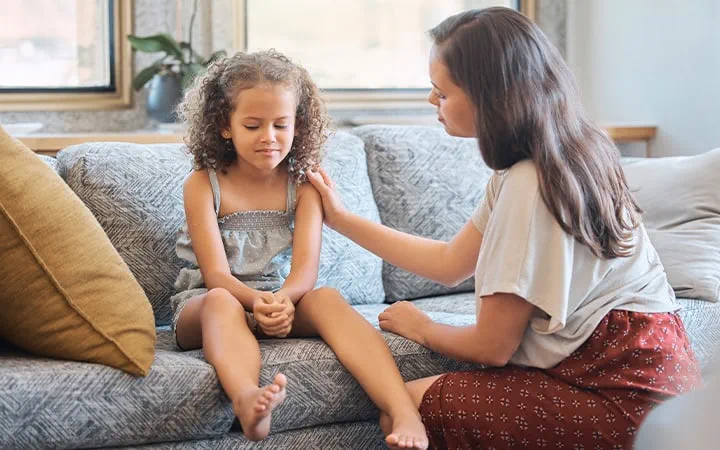Handling Parenting Life After a Childs Passing
Coping with the challenging journey of parenting after a child’s passing requires immense strength. Lean on loved ones for support as you manage overwhelming emotions. Take time for self-care and prioritize your healing process. Remember, it’s okay to grieve and seek help when needed. Honoring your child’s memory can bring comfort and solace. Each day may feel like a struggle, but know that you are not alone. There are ways to traverse this painful path and find moments of peace. Trust in your resilience and the support around you to guide you through this difficult time.
Key Takeaways
- Seek professional grief counseling for guidance and support.
- Prioritize self-care and seek help when needed.
- Engage in community events to prevent isolation.
- Create memory keepsakes to honor your child’s legacy.
- Allow yourself to grieve and feel emotions openly.
Understanding Grief and Loss

Grieving the loss of a child is an incredibly painful and complex experience that can deeply impact every aspect of your life. The understanding of grief and loss isn’t linear; it consists of different stages that one may move through at their own pace. It’s important to remember that healing is a gradual process, and it’s okay to seek help and support along the way.
Coping mechanisms play a significant role in maneuvering this challenging journey. Engaging in activities that bring you solace, such as journaling, meditation, or seeking therapy, can aid in processing your emotions. Surrounding yourself with a support system of loved ones who can provide comfort and understanding is also vital. Remember, it’s okay to lean on others during this time of need.
As you navigate the waves of grief, be gentle with yourself. Allow yourself to feel the pain, anger, and sadness that may arise. Healing takes time, so be patient and kind to yourself throughout this process.
Building a Support System
How can you create a strong support system to navigate the challenges of parenting life after a child’s passing?
During this incredibly difficult time, it’s essential to seek out various forms of support. Support groups can provide a safe space to share your feelings and connect with others who understand what you’re going through.
Therapy can also be immensely beneficial, offering a professional guide to help you process your emotions and develop healthy coping mechanisms.
Engaging in community events can help you feel connected to others and prevent isolation. These events may offer opportunities to meet new people and form meaningful relationships.
Additionally, counseling can provide you with personalized support tailored to your specific needs and circumstances.
Navigating Daily Challenges

Coping with daily challenges in the aftermath of your child’s passing can feel overwhelming and isolating without a strong support system in place. The daily struggles and emotional hurdles may seem overwhelming at times, but it’s important to remember that you aren’t alone in this journey.
Parenting challenges can become more intimidating amidst grief, making it important to prioritize self-care and seek help when needed.
Navigating through each day might feel like an uphill battle, but allowing yourself to grieve and feel the emotions that come with it’s an essential part of healing. It’s okay to have good days and bad days, and it’s okay to ask for help when the weight of your grief feels too heavy to bear alone.
Honoring Your Child’s Memory
As you navigate this challenging journey of parenting after your child’s passing, honoring their memory can be a way to keep their spirit alive.
Creating memory keepsakes, establishing a memorial fund, and sharing their story are meaningful ways to pay tribute to your child’s life and legacy.
These acts of remembrance can provide comfort and a sense of connection as you cherish the precious memories you shared.
Creating Memory Keepsakes
Consider selecting a few cherished items that hold special memories of your child to create meaningful keepsakes that honor their memory. Memory quilts made from your child’s favorite clothes or blankets can be a comforting way to preserve their essence.
Personalized jewelry, such as necklaces or bracelets with their name or birthstone, can serve as a beautiful reminder of their presence. Additionally, photo albums filled with captured moments and engraved plaques with heartfelt messages can be touching tributes to their life.
Creating these memory keepsakes can offer solace and provide a tangible connection to the precious memories you shared with your child. Each item crafted with love and intention becomes a cherished memento, keeping their spirit alive in your heart.
Establishing a Memorial Fund
When it comes to honoring your child’s memory, establishing a memorial fund can be a meaningful way to create a lasting impact in their honor.
Memorial events can be organized to bring together family and friends to celebrate your child’s life while fundraising for a cause that was dear to them. Consider various fundraising ideas such as charity walks, auctions, or online campaigns to generate support for the memorial fund.
Legacy projects are another way to honor your child’s memory by creating something that will endure in their name.
This could involve setting up scholarships, supporting causes they cared about, or even funding community initiatives that reflect their spirit.
Community involvement is key in sustaining the memorial fund and ensuring that your child’s legacy continues to positively impact others.
Sharing Their Story
To honor your child’s memory and keep their spirit alive, initiating on this healing journey of personal growth through sharing your child’s experiences allows you to connect with others who may have faced similar challenges. By opening up and sharing your story, you not only honor your child’s memory but also find solace and support within the community.
Sharing your child’s story can be a cathartic experience, allowing you to celebrate their life and the love they brought into the world. Through this process, you may discover newfound strength and resilience as you navigate the difficult path of parenting after loss.
The act of sharing can also inspire others who are going through similar experiences, fostering a sense of community support and understanding.
Self-Care and Healing

Amidst the pain of loss, prioritizing self-care and allowing yourself time to heal is vital in managing the challenges of parenting life after your child’s passing.
Establishing a self-care routine can provide structure and comfort during this tumultuous time. Engaging in activities that nurture your emotional well-being, such as journaling, meditation, or spending time in nature, can aid in your healing journey.
It’s essential to seek grief support from friends, family, or professional counselors who can offer guidance and a listening ear as you navigate through your grief.
Remember to be gentle with yourself and acknowledge that healing is a gradual process. Allow yourself to feel a range of emotions without judgment, as each feeling is valid and part of your healing journey.
Taking time to care for yourself not only benefits your own well-being but also enables you to better support your family during this challenging period.
Embrace self-compassion and know that it’s okay to prioritize your healing as you navigate the complexities of parenting after loss.
Coping With Guilt and Anger
It’s normal to feel guilt and self-blame after the passing of a child, but remember, you aren’t alone in these emotions. Managing anger constructively can be challenging, but finding healthy outlets like therapy or support groups can help you navigate these intense feelings.
Guilt and Self-Blame
Coping with feelings of guilt and self-blame following the loss of a child can be an overwhelming and painful experience for parents. It’s important to remember that self-forgiveness is a vital part of the healing process.
You may find yourself replaying scenarios in your mind, wondering if you could have done something differently. It’s normal to feel this way, but it’s imperative to remind yourself that you did the best you could with the knowledge and resources you had at the time.
Letting go of self-blame isn’t easy, but it’s necessary for your well-being. Remember to show yourself self-compassion during this challenging time. Be gentle with yourself and try to replace self-blame with self-compassion. Acknowledge that you’re human and that everyone makes mistakes. It’s okay to grieve and feel the pain of loss without shouldering all the blame.
Seeking support from loved ones, a therapist, or a support group can also aid in the process of self-forgiveness and healing. Remember, it’s okay to be kind to yourself and take the time you need to heal.
Managing Anger Constructively
Moving through feelings of guilt and self-blame can often trigger intense emotions, such as anger, in the aftermath of losing a child. It’s important to feel overwhelmed by anger during this challenging time. Anger management is vital to navigate this difficult emotion in a constructive way.
When anger arises, acknowledge it without judgment. Allow yourself to feel the anger, but also explore the underlying emotions contributing to it.
Healthy coping mechanisms like deep breathing, exercise, or talking to a trusted friend can help release some of the intense feelings.
Seeking Professional Help
Consider seeking support from a mental health professional to help manage feelings of guilt and anger after the loss of your child. Grief counseling can provide a safe space for you to express your emotions and work through the complex layers of guilt and anger that often accompany such a profound loss. Mental health professionals are trained to help individuals navigate through these intense feelings and can offer valuable insights and coping strategies to help you heal.
Therapy options, such as cognitive-behavioral therapy or trauma-focused therapy, can be beneficial in addressing specific issues related to guilt and anger. Support groups comprised of individuals who’ve experienced similar losses can also provide a sense of understanding and camaraderie, reminding you that you aren’t alone in your struggles.
Communicating With Others

When maneuvering the overwhelming emotions following the loss of a child, open and honest communication with others can provide a sense of comfort and support during this difficult time. Seeking emotional support from friends, family, or support groups can help you navigate the complex feelings you’re experiencing.
It’s crucial to express your emotions openly, whether it be sharing your sorrow, anger, confusion, or any other sentiment that arises. Communicating openly about your grief allows others to understand what you’re going through and can lead to more profound connections and empathy.
During this challenging period, remember that not everyone will know how to respond to your pain. Some may offer advice or try to fix things, while others may simply listen. It’s perfectly acceptable to communicate your needs, whether you need someone to talk to, a shoulder to cry on, or just quiet companionship.
Finding Meaning and Hope
To find meaning and hope after the loss of a child, it can be helpful to explore ways to honor your child’s memory and channel your grief towards creating a legacy of love and remembrance. Finding purpose in the midst of profound loss is a journey that’s unique to each individual.
Moving forward doesn’t mean forgetting but rather finding a way to carry your child’s spirit with you as you navigate life after their passing.
Embracing hope can seem like an insurmountable task, but within the depths of despair, there can still be flickers of light waiting to be discovered. It’s okay to allow yourself moments of joy amidst the sorrow, knowing that finding joy doesn’t diminish the love you have for your child.
By embracing hope and finding moments of happiness, you aren’t betraying your grief but instead honoring your child’s memory by living a life that reflects the love you shared.
Frequently Asked Questions
How Can I Cope With the Fear of Forgetting My Child?
You’re not alone in fearing to forget your child. Memory preservation can help honor their life. Coping mechanisms like journaling or creating a memory box can provide comfort on your healing journey. Grief support is essential.
Is It Normal to Feel Relief After My Child’s Passing?
Feeling relief after your child’s passing is a complex and normal emotion. It’s okay to experience a range of feelings. Handling guilt, seeking closure, managing emotions, and finding support are essential steps in managing this difficult time.
Should I Keep My Child’s Room the Same or Change It?
You should consider room redecoration as a way to aid in emotional healing. It’s okay to change the room gradually, preserving memories while also allowing space for moving forward. This balance can support your journey.
How Do I Navigate Family Events Without My Child?
You can navigate family events without your child by leaning on coping strategies, seeking support groups for comfort. Create memorials to honor your child’s memory and incorporate their presence in family traditions to keep their spirit alive.
Is It Okay to Seek Professional Help for My Grief?
It’s absolutely okay to seek professional help for your grief. Grief counseling can provide valuable support and guidance on your healing journey. Coping strategies and support groups are also beneficial tools to navigate this challenging time.
Conclusion
Remember, it’s okay to feel a wide range of emotions as you navigate the challenging journey of parenting life after the loss of your child.
Lean on your support system, practice self-care, and honor your child’s memory in your own way.
It’s important to give yourself grace and time to heal, and to remember that it’s okay to seek professional help if needed.
You aren’t alone in this journey, and there’s hope for healing ahead.

Hey there! 👋 I’m a proud mom and passionate writer, sharing my parenting journey. 📝 Join me as I navigate the ups and downs of motherhood, offering tips, advice, and a sprinkle of humor along the way. 🌟







